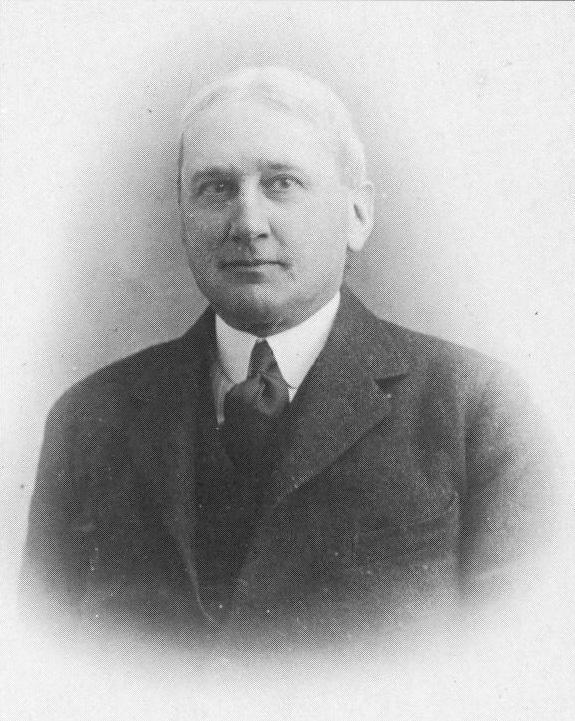
There are many poems to certain 'muses' or 'maidens'. There are many poems about several mistresses, 'my dearest Beauties' he calls them in 'To My Lovely Mistresses' (Anthea, Perilla, Electra, Blanch, Judith, Silvia, and the most beloved of all, Julia). Herrick is very definitely a 'Muse poet', to use Robert Graves's term. There are many poems in Robert Herrick's work of love - about love desired, lost and mourned. Like Coleridge, Wordsworth and Brontë, Herrick lived in the midst of the countryside, in the relative isolation of Dean Prior, on the edge of Dartmoor in Devon. Herrick was particularly well situated, geographically, to write nature poetry. Robert Herrick's poetry (his Hesperides) followed the plan outlined the poem 'The Argument of His Book', with its lyrical evocation of the natural world. Most of the poems in Hesperides have printed on a page of their own. There are some 1130 poems in the first, secular part, Hesperides, and 272 in Noble Numbers, the religious pieces. Robert Herrick's major work, Hesperides or The Works Both Humane and Divine of Robert Herrick Esq., was published in 1648. His law studies were dropped in 1623, and he was ordained as a deacon and priest in 1624. He studied at Cambridge (St John's College and Trinity Hall).


He was born in London and lived much of his life in the rough remoteness of a parish in Devonshire.

Pace ROBERT HERRICK (1591-1674) was one of the Cavalier poets (other Cavalier poets included Suckling, Carew and Lovelace). ROBERT HERRICK: HESPERIDES Edited by M.K.


 0 kommentar(er)
0 kommentar(er)
